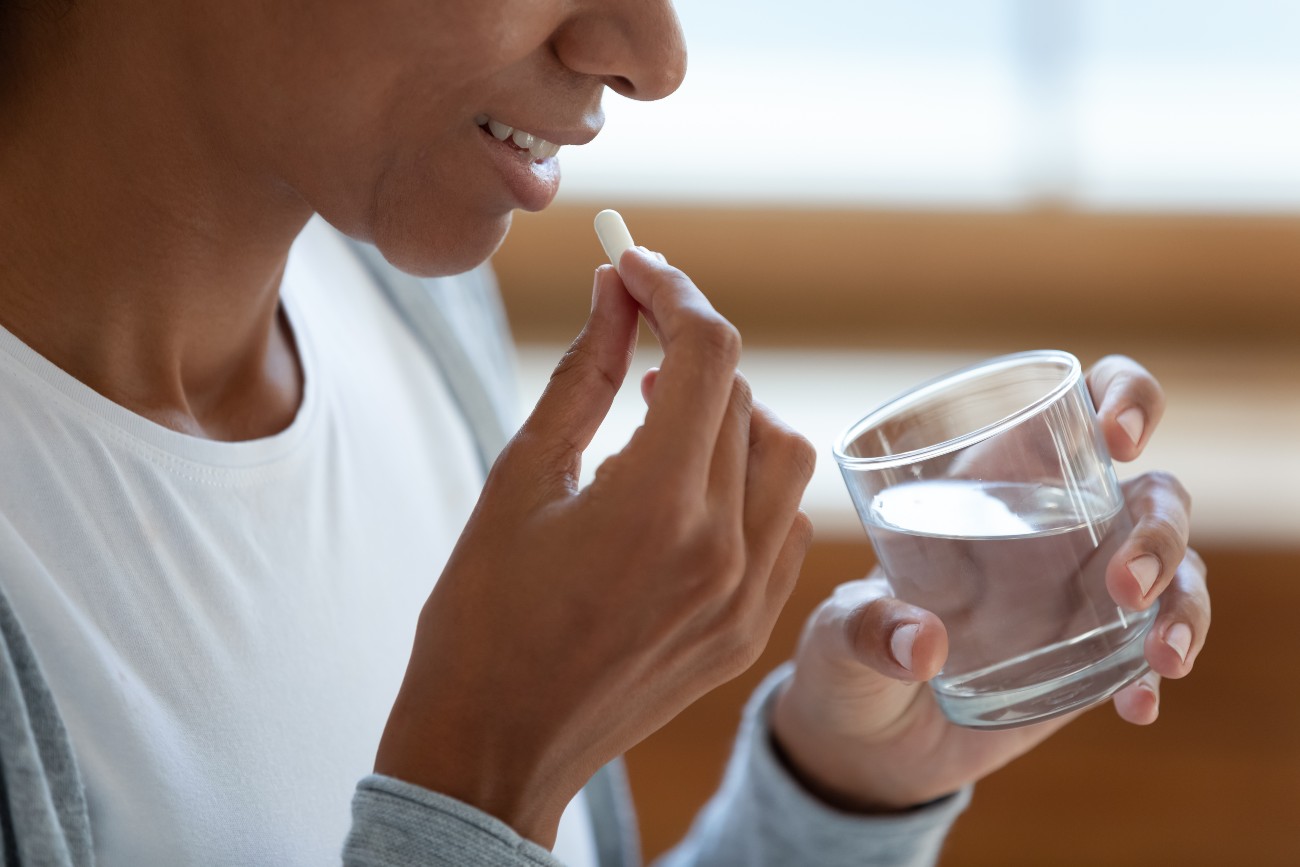As we grow older, the body becomes more prone to nutrient deficiencies. That’s why women should make sure they’re getting enough nutrients. Fortunately, you can learn everything you need to know about vitamins with a search online.
Who remembers Flintstone vitamins? While the importance of nutrients has been taught to us at an early age, most of us have outgrown those cartoon-shaped vitamins. One thing that hasn’t changed is how vital it is to get your daily dose of vitamins.
Calcium
Calcium is just as important when you’re growing up as it is when you’re over 50. This essential vitamin is responsible for keeping your organs and muscles working properly. It helps the body to perform basic functions by releasing the calcium stored in bones into the blood.
It’s recommended that women over 50 get 1,200 mg of calcium every day. One of the reasons is that women are more likely to develop osteoporosis, which is a condition that weakens the bones and makes you more prone to fractures. Out of the 10 million people in the U.S. with this condition, 80 percent are women.
Vitamin C
Vitamin C is an antioxidant that helps the body form blood vessels, cartilage collagen, and muscle in bones. Vitamin C might even lower your risk of cancer and prevent age-related macular degeneration when in combination with other vitamins and minerals.
Women should be getting 75 mg of vitamin C each day. Since the body doesn’t produce vitamin C naturally, it must be consumed through a healthy diet and supplements. Citrus fruits, berries, tomatoes, peppers, and many other fruits and veggies are excellent sources of vitamin C.
Vitamin D
Another nutrient that plays an active role in healthy bones is vitamin D. It’s also an anti-inflammatory and antioxidant that supports immune health, brain cell activity, and muscle function. Since vitamin D is responsible for so many bodily functions, it’s recommended that women get 600 IU per day.
It’s common for adults to be deficient in vitamin D because the nutrient is not found in many foods. Plus, people might not get regular exposure to the vitamin if they’re not spending enough time outside in the sun. There are many health benefits to vitamin D, so search online for supplements if you’re not getting a proper daily dose.
Iron
Iron is an essential mineral that helps transport oxygen throughout the body. A lack of oxygen throughout the body can negatively impact your brain function and immune system. It’s also a nutrient that helps maintain skin, hair, nail, and cell health. Women over the age of 50 need 8 mg of iron per day.
Did you know around 7.8 million women in the U.S. are living with an iron deficiency? When your body doesn’t have enough iron, your body is unable to get the amount of oxygen it needs to function properly. Additionally, women may lose iron due to heavy menstruation, endometriosis, or even an inability to absorb iron.
Magnesium
One nutrient that you can find in foods like leafy greens, nuts, and milk products is magnesium. It’s a nutrient responsible for everything from energy metabolism to brain function and bone health. It’s also crucial in maintaining proper heart and muscle activity.
Some benefits that come from magnesium include constipation relief, improved blood sugar regulation, and better sleep. As such, it’s recommended that women over the age of 50 get 320 mg of magnesium per day. You can incorporate it into your daily life by eating magnesium-rich foods, such as fatty fish and dark chocolate, and with supplements.
Vitamin B12
Vitamin B12 is another essential nutrient that women over 50 should pay attention to. This vitamin is crucial for maintaining healthy nerve cells and aiding in the production of DNA and RNA. As we age, our bodies may have a harder time absorbing vitamin B12 from food sources, which can lead to deficiencies.
Symptoms of B12 deficiency may include fatigue, weakness, and even memory problems. Women over 50 should aim to get at least 2.4 micrograms of vitamin B12 per day. If you suspect a deficiency or are following a vegetarian or vegan diet, consult with your healthcare provider about B12 supplements.
Learn More About Nutrients and Vitamins Online
It’s important for women over the age of 50 to receive their proper dosage of nutrients and minerals. Calcium, vitamin C, vitamin D, iron, and magnesium all play crucial roles in keeping your body functioning healthily. Your body can experience uncomfortable symptoms when it’s lacking certain nutrients.
If you think you’re deficient in certain vitamins, talk to your doctor. Your doctor can order a blood test to confirm a deficiency and from there you can try taking daily supplements to ensure you’re getting the nutrients you need. Fortunately, you can buy vitamins both in-store and online. Search online to compare various brands and make sure to talk with your doctor if you have any concerns about your vitamin intake.
